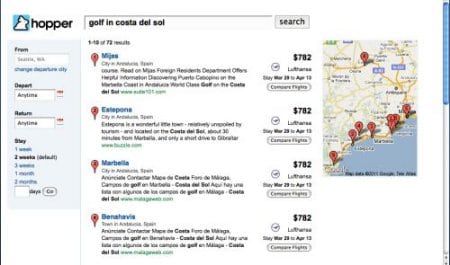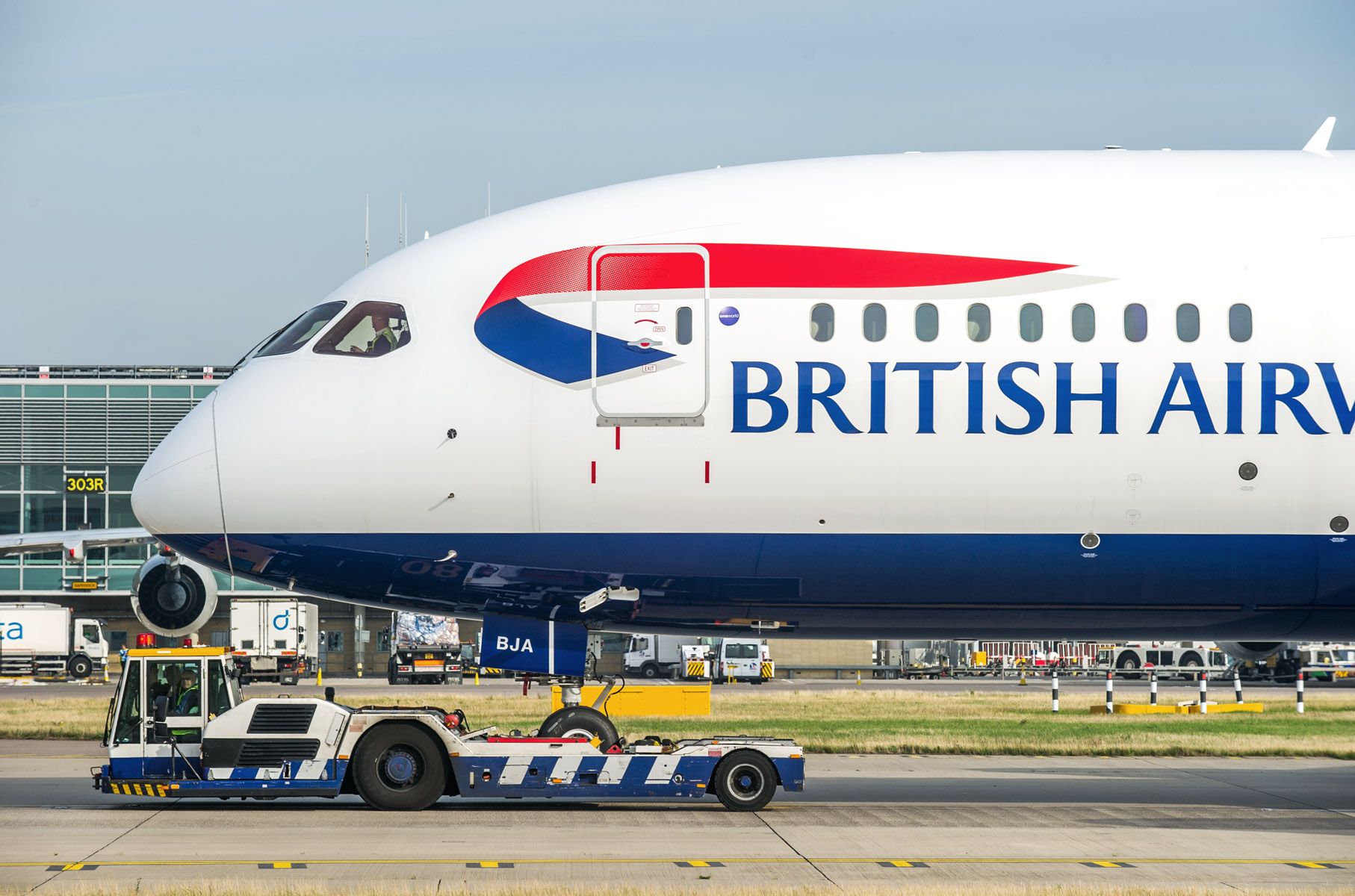What’s behind Hopper’s $22 million gamble on big data travel planning?

Skift Take
Hopper CEO Frederic Lalonde says “planning a trip can be tedious and frustrating,” and takes a long time, and the same can undoubtedly be said about Hopper, which was founded in 2007 and is still in private beta.
But news that Hopper picked up $12 million in funding in a round led by OMERS Ventures and plans to launch “later this year” could bring things into the daylight.
Hopper’s total funding to date is $22 million. Brightspark Ventures and Atlas Venture also participated in the latest round.
Hopper states it intends to “bring inspiration back to travel planning,” but it is doing so in a manner unlike any of its travel inspiration predecessors.
Crawling for smart data
Hopper says it is using big data to “make travel search smarter,” has crawled more than a half billion pages of travel data, and reportedly has partnered with another travel company or companies to mine additional data and consumer intent.
When I reviewed Hopper’s alpha in March 2011, it was taking natural language queries such as “cities in Spain” and “golf in Costa del Sol,” retrieving the best destination or activities results on a map, and pairing the results with flights.
It looked like this:
Again, there was no need to input dates or use a special widget, and natural language queries worked just fine.
Speed kills
What impressed me in particular was the speed that Hopper retrieved search results, although the alpha was merely loaded with data from Spain at the time.
The speed was a harbinger of what Google is now doing with Google Flight Search, with all the server firepower at Google’s disposal.
Contrary to some press reports, it is not at all clear that Hopper will primarily be a consumer business.
B2B or consumer site?
There is also a strong possibility that Hopper would find its way as a B2B business, providing online travel agencies and other sites with travel content and technology.
Of course, the two propositions are not mutually exclusive.
Hopper didn’t immediately respond to a request for comment on its strategy.
Hotels, hotels, hotels
And, it is understood that Hopper’s focus may have swung away from the airline side of things, and now is all about hotel and destination information.
The problem that Hopper is trying to solve? Not enough relevant travel information on one hand and, on the other hand, information overload.
Hopper is seeking to provide the right information at exactly the right time.
And, if Hopper can deliver something along those lines, then it may be onto something. Otherwise it wil just be another trying-to-take-on-Google road kill.
Disclosure: Hopper founder and CEO Frederic Lalonde is chairman of Tnooz. Dennis Schaal previously was North America Editor of Tnooz.





